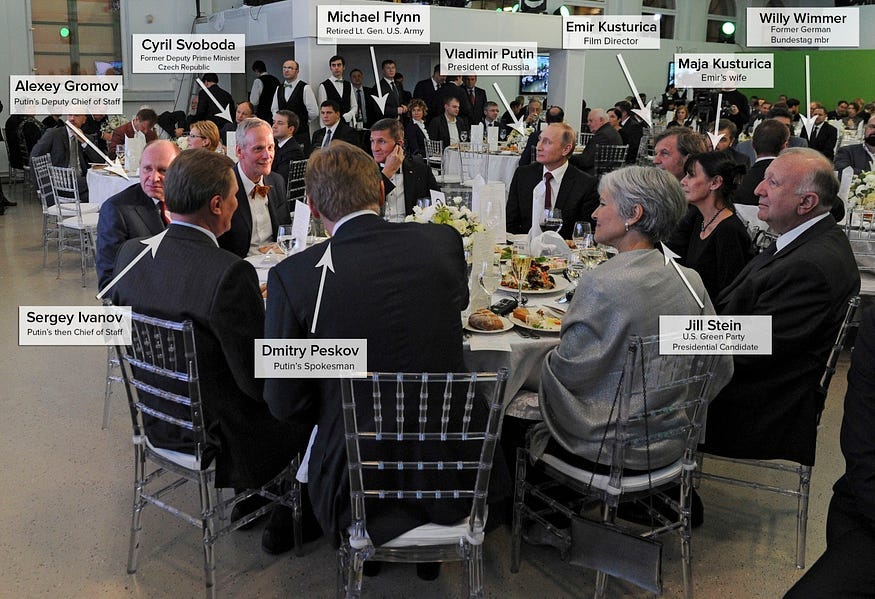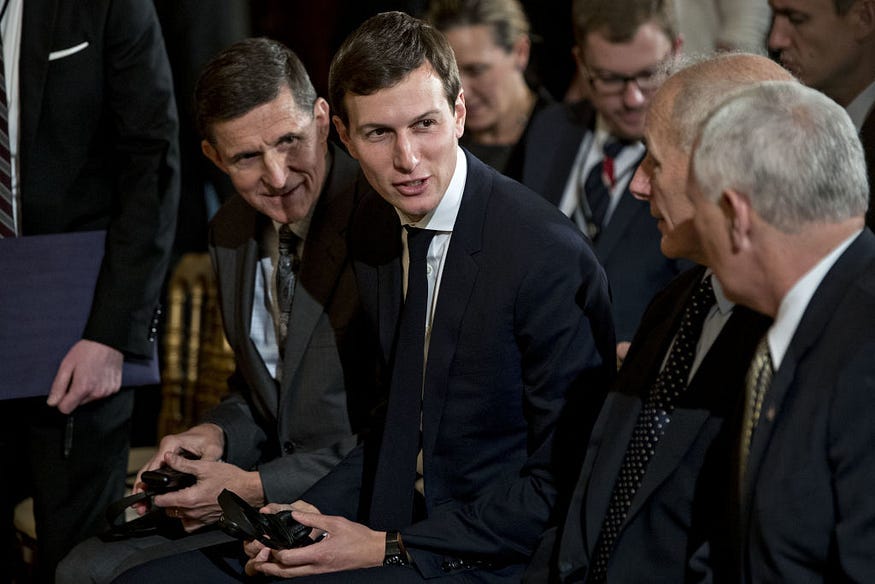Michael Flynn’s Guilty Plea: Unraveling the Trump-Russia Connection
As former Trump associates plead guilty and cooperate with investigators, questions about Russian interference and potential collusion continue to loom over the presidency.
Michael Flynn’s Guilty Plea and the Trump-Russia Investigation: Key Developments
The Trump-Russia investigation, led by Special Counsel Robert Mueller, has seen several high-profile individuals, including former National Security Adviser Michael Flynn, pleading guilty to various charges. Despite these developments, former President Donald Trump has maintained a consistent defense, calling the investigation a “witch hunt” and denying any collusion with Russia during the 2016 election.
Background of the Investigation
The investigation into potential collusion between the Trump campaign and Russia began amid numerous interactions between Trump’s associates and Russian officials. These interactions included business deals, meetings, and communications that raised questions about the extent of Russian influence on the 2016 U.S. presidential election.
Key figures, such as Michael Flynn, former Deputy Campaign Chief Rick Gates, and foreign policy adviser George Papadopoulos, admitted to felonies and cooperated with Mueller’s investigation, contributing to a long trail of interactions with Russians that had already come to light.
Trump’s Business Ties and Interactions with Russians
Russian Financial Ties: Before running for president, Trump had extensive financial dealings with Russian interests. His partners in the 2006 Trump Soho project included a former Soviet official and a Russian convicted of felony fraud involving organized crime. In 2008, his son, Donald Trump Jr., stated that “money was pouring in from Russia” for Trump properties. A Russian oligarch paid Trump $95 million for a Florida mansion that Trump bought for less than half that price in 2004.
Miss Universe Pageant in Moscow: In 2013, Trump took his Miss Universe pageant to Moscow, an event seen as an effort to court Russian President Vladimir Putin and develop deeper business ties in Russia.
Real Estate Interests: During his presidential campaign, Trump, through his lawyer Michael Cohen, sought to develop real estate projects in Moscow.
Campaign Connections to Russia
Paul Manafort’s Role: Trump’s 2016 campaign manager, Paul Manafort, had significant financial ties to Russian-backed entities in Ukraine and resided in Trump Tower. He was accused of accepting tens of millions of dollars from allies of Putin.
Michael Flynn’s Involvement: Flynn, Trump’s National Security Adviser, attended a dinner in Moscow in December 2015, where he was paid $45,000 to sit with Putin.
George Papadopoulos and Carter Page: Trump’s foreign policy team included Papadopoulos and Carter Page, both of whom had controversial links to Russian contacts. Papadopoulos communicated with a professor in London who claimed to have “dirt” on Hillary Clinton, while Carter Page had been identified by U.S. officials as a potential Russian spy.
The Trump Tower Meeting and Russian Contacts
June 2016 Trump Tower Meeting: In June 2016, Donald Trump Jr., Paul Manafort, and Jared Kushner met with a Russian lawyer linked to the Kremlin, Natalia Veselnitskaya, after being promised damaging information on Hillary Clinton. Shortly after this meeting, Russian entities began releasing Democratic National Committee (DNC) emails that U.S. intelligence agencies say were stolen by Russian operatives.
Trump’s Public Appeal to Russia: Trump publicly asked Russia to find Hillary Clinton’s missing emails during a campaign speech, raising further suspicions about potential collusion.
Obstruction Allegations and Flynn’s Guilty Plea
Michael Flynn’s Plea and Aftermath: Michael Flynn admitted under oath that his communications with the Russian Ambassador in December 2016 were related to U.S. sanctions, contradicting Vice President Mike Pence’s earlier statements. Flynn’s plea indicated cooperation with Mueller’s investigation, adding pressure on Trump and his associates.
James Comey Firing: Trump’s decision to fire FBI Director James Comey, whom he reportedly described as a move to relieve “pressure” from the Russia investigation, led to further accusations of obstruction of justice.
Evidence Seizures and Financial Ties
Seizure of Evidence from Michael Cohen: Prosecutors seized evidence from Michael Cohen, Trump’s personal lawyer, revealing payments from various entities, including Swiss pharmaceutical giant Novartis and AT&T, both of which acknowledged paying Cohen significant sums despite little evidence of valuable services rendered. Additionally, Cohen’s firm received payments from Columbus Nova, linked to Russian billionaire Viktor Vekselberg, an associate of Putin.
Continued Denials: Despite mounting evidence and guilty pleas from his associates, Trump has consistently denied any wrongdoing or collusion with Russia. His defense remains that he has not been charged with any crime, and his son, Donald Trump Jr., has stated under oath that he did not collude with any foreign government.
Conclusion: Uncertainty and Ongoing Investigations
While the investigation has not yet led to criminal charges against Trump himself, it has continued to draw scrutiny over his and his associates’ connections to Russia. As of 2018, neither Congress nor Special Counsel Robert Mueller had interviewed Trump, leaving open the question of whether further legal actions or revelations would emerge.
The ongoing investigation and public discourse reflect the contentious and polarizing nature of the allegations, and it remains to be seen what final conclusions, if any, will be drawn from Mueller’s findings.




